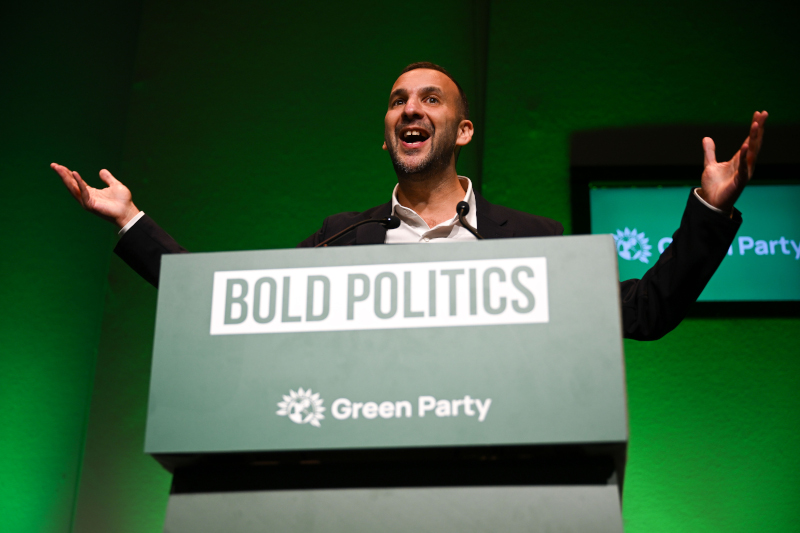An Overview of the Green Party Leader’s Vision for the Future

Introduction
The role of the Green Party leader has never been more critical as the world faces pressing environmental and social challenges. The Green Party, a significant player in UK politics, aims to address issues such as climate change, social justice, and sustainability. As the country navigates a complex political landscape, the leader’s vision could shape the future trajectory of environmental policies in the UK.
Current Events and Leadership
As of October 2023, the Green Party is led by Carla Denyer, who has gained attention for her commitment to green policies and her ability to mobilise grassroots support. Under her leadership, the party has reinforced its stance on renewable energy, advocating for a transition away from fossil fuels. Recently, Denyer spoke at the annual Green Party conference in Brighton, where she outlined ambitious plans to increase investment in green infrastructure while promoting social equity.
Vision for the Future
Denyer’s vision focuses on several key areas: tackling climate change, advancing social justice, and enhancing public services. One of her most notable proposals includes a £100 billion green jobs plan that aims to create thousands of jobs in renewable energy sectors while ensuring fair wages and training opportunities.
Additionally, the Green Party’s commitment to improving public transport and reducing car dependency aligns with the UK’s broader environmental goals. Denyer advocates for significant investment in sustainable transport options, including cycling and walking infrastructure, which she argues are essential for reducing urban air pollution.
Recent Developments
The Green Party has seen a surge in support, particularly among younger voters who resonate with the party’s eco-centric messaging. Recent polls indicate a noticeable increase in public backing for the Green Party, which has positioned itself as a viable alternative to traditional political parties. The party has also launched campaigns targeting local elections aimed at gaining more seats in councils across the UK, focusing on environmentally friendly policies.
Conclusion
The importance of strong leadership within the Green Party cannot be understated, especially as global climate emergencies escalate. Carla Denyer’s leadership is pivotal as the party pushes for comprehensive environmental reforms. Moving forward, the Green Party’s influence may play a critical role in shaping climate policy in the UK, and readers should stay informed about the evolving landscape in green politics. As Denyer and her team work to rally support, their initiatives may encourage broader societal support for sustainability efforts.









